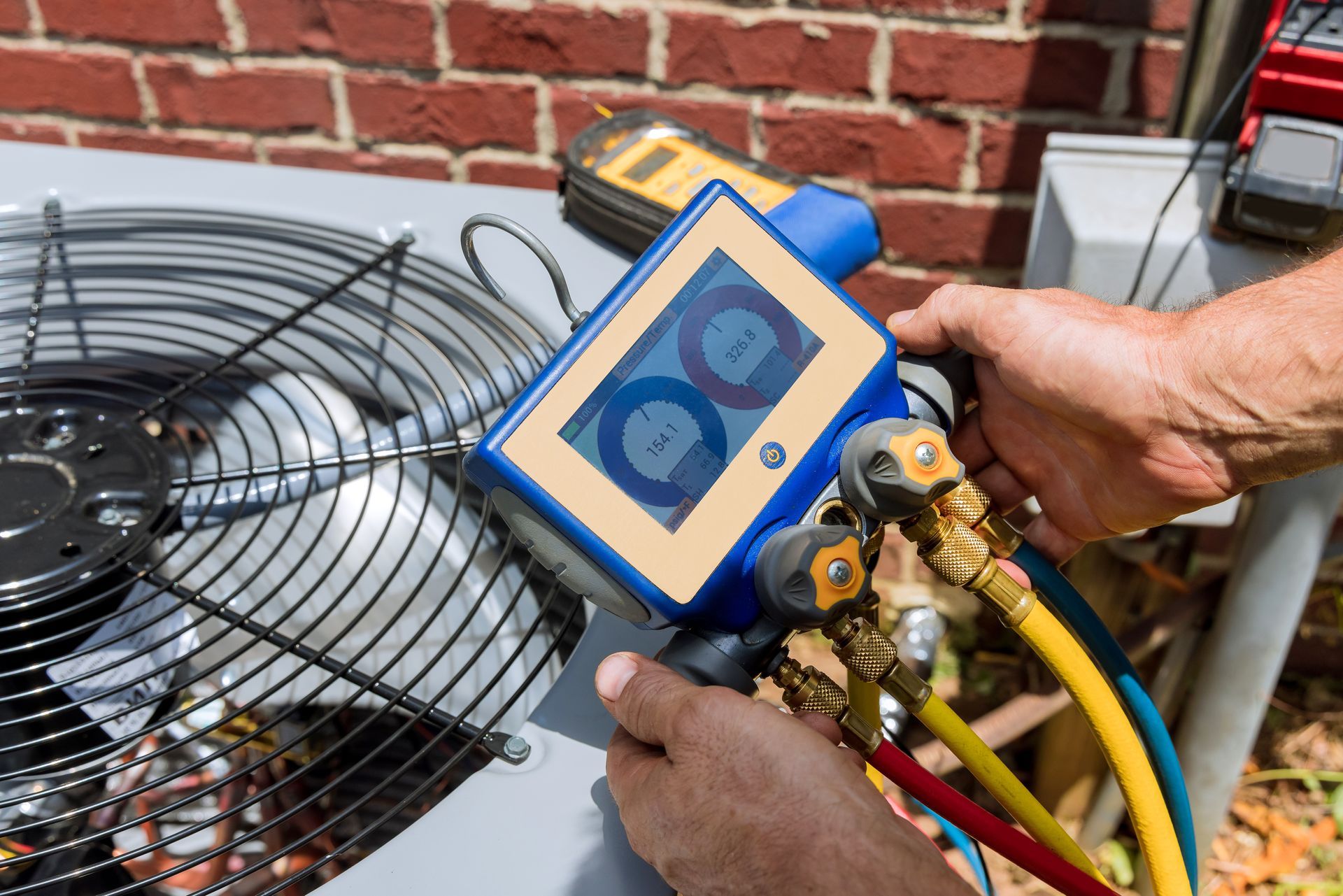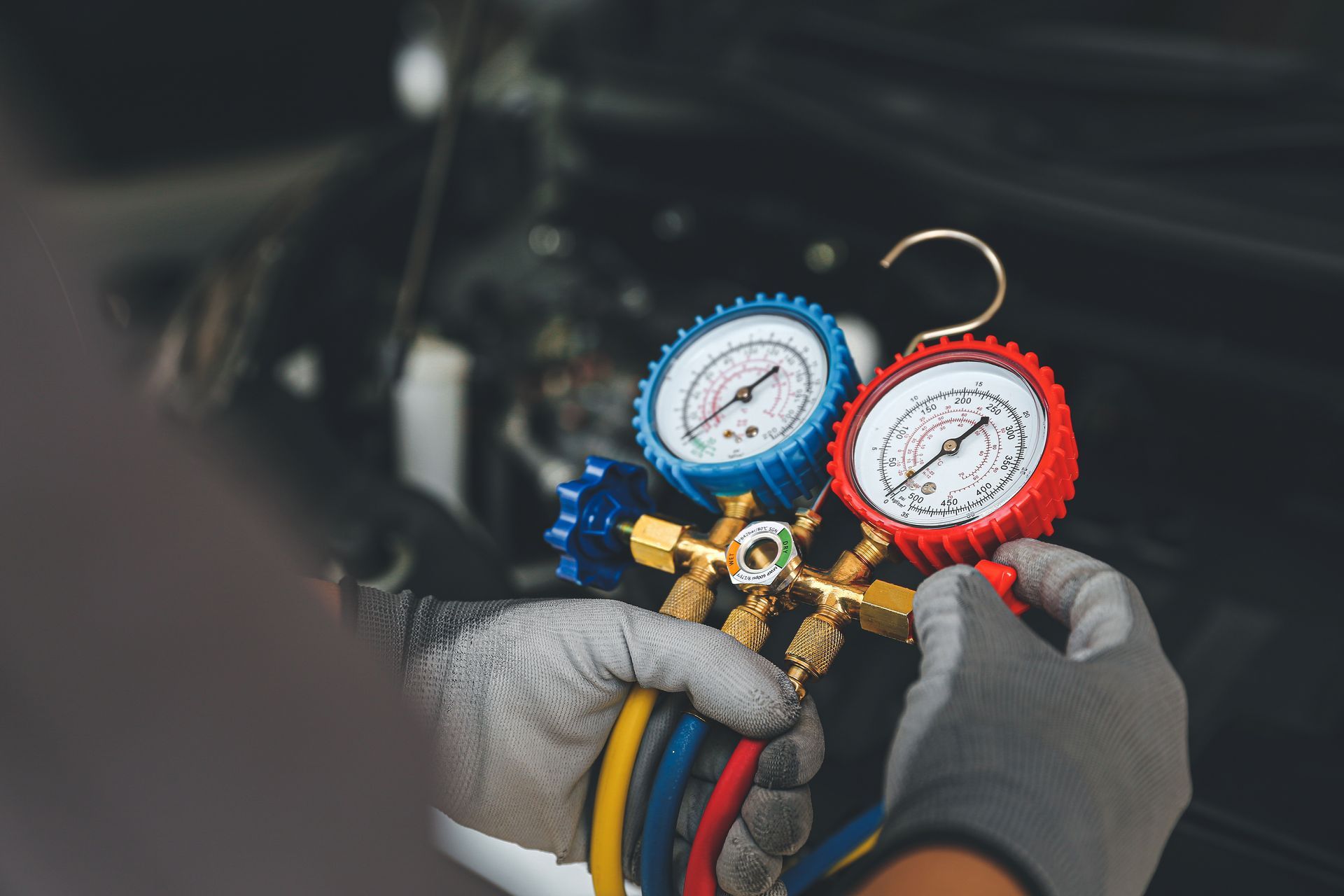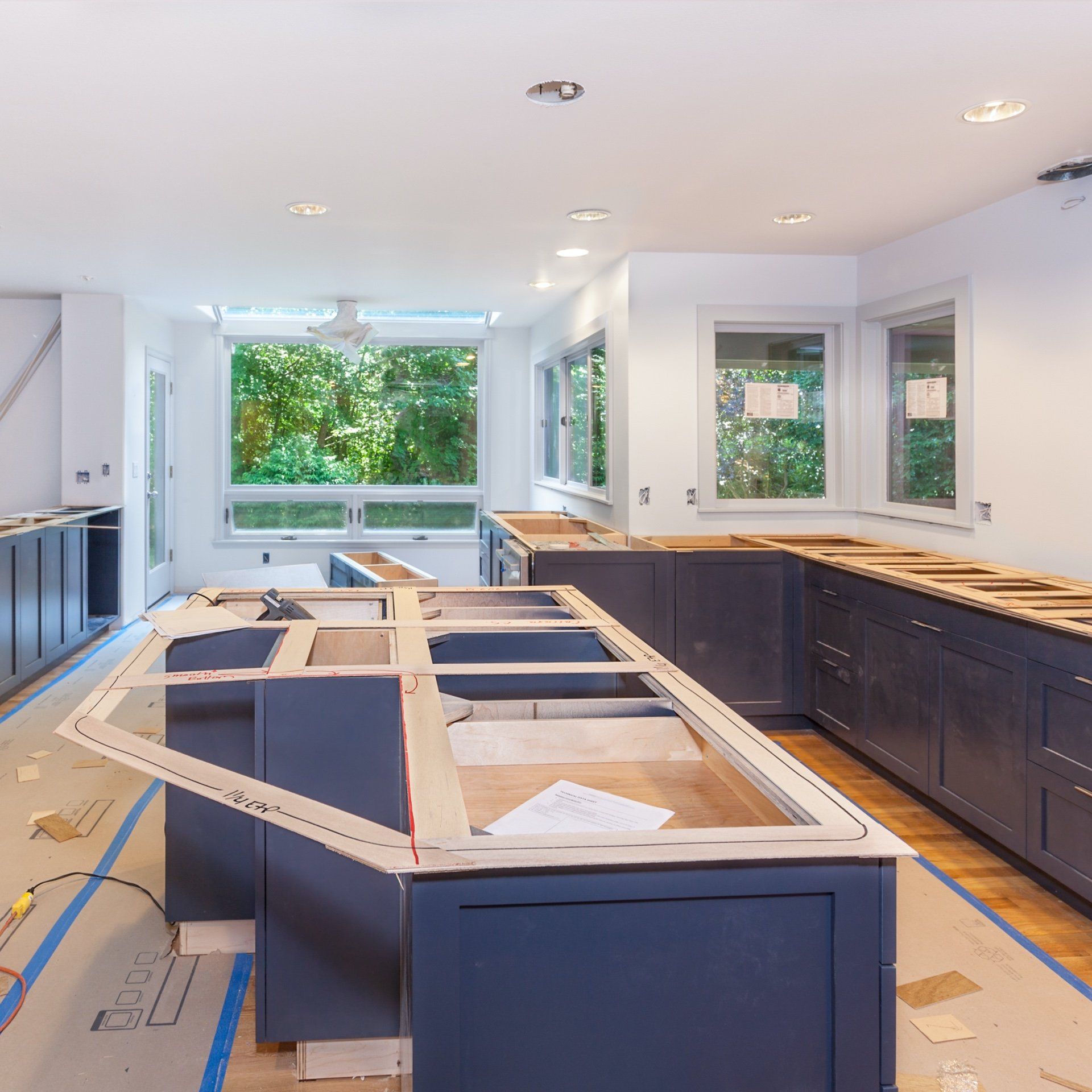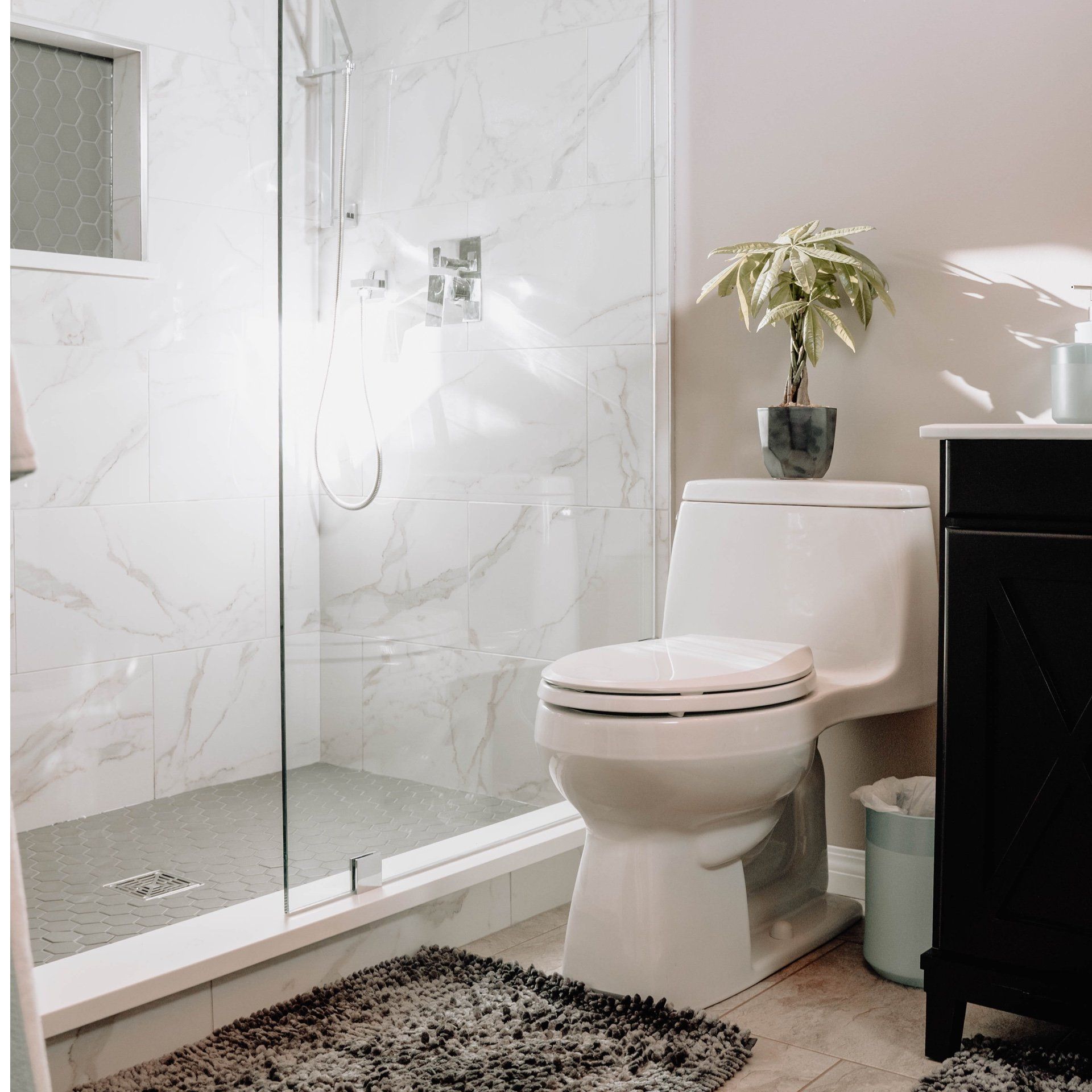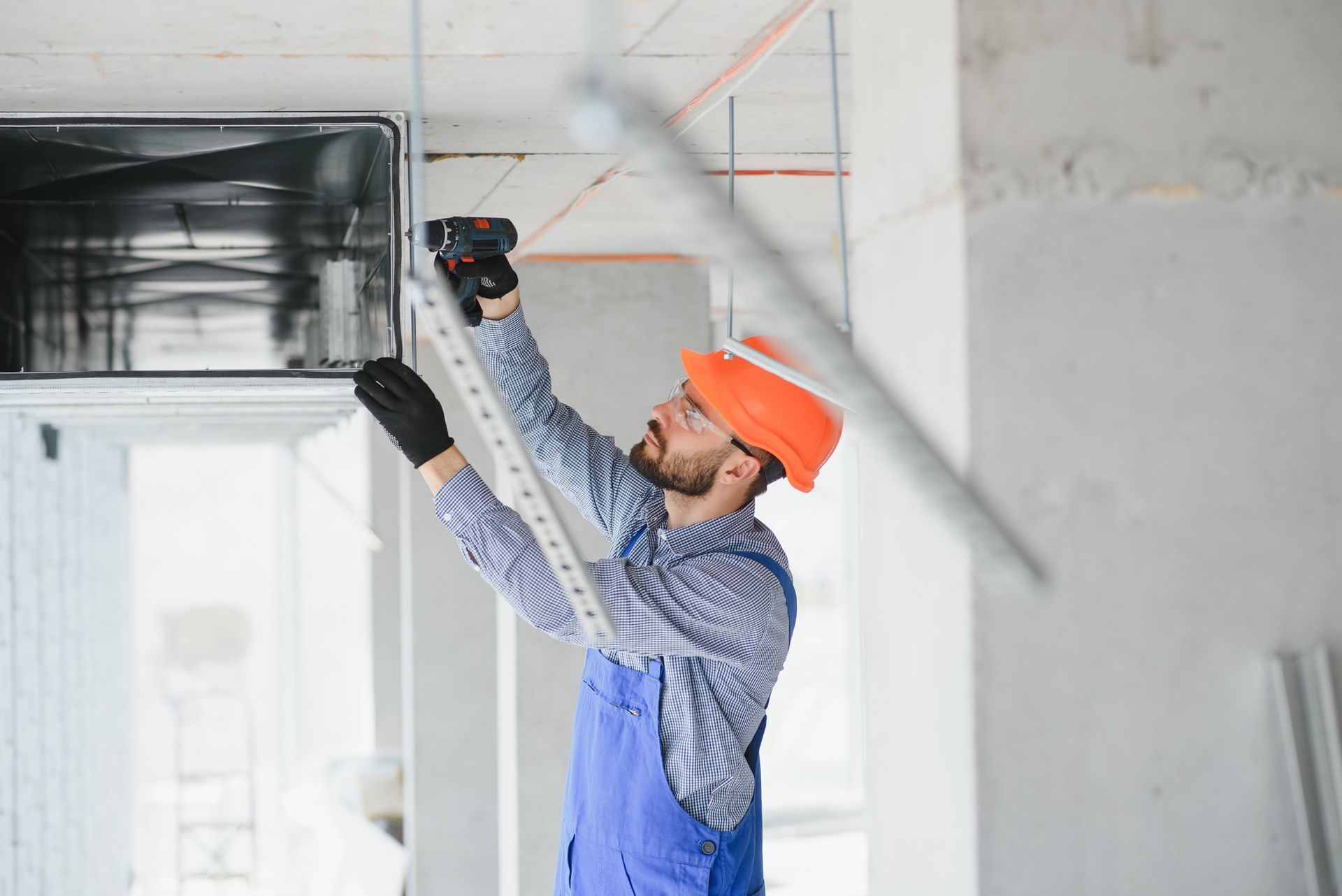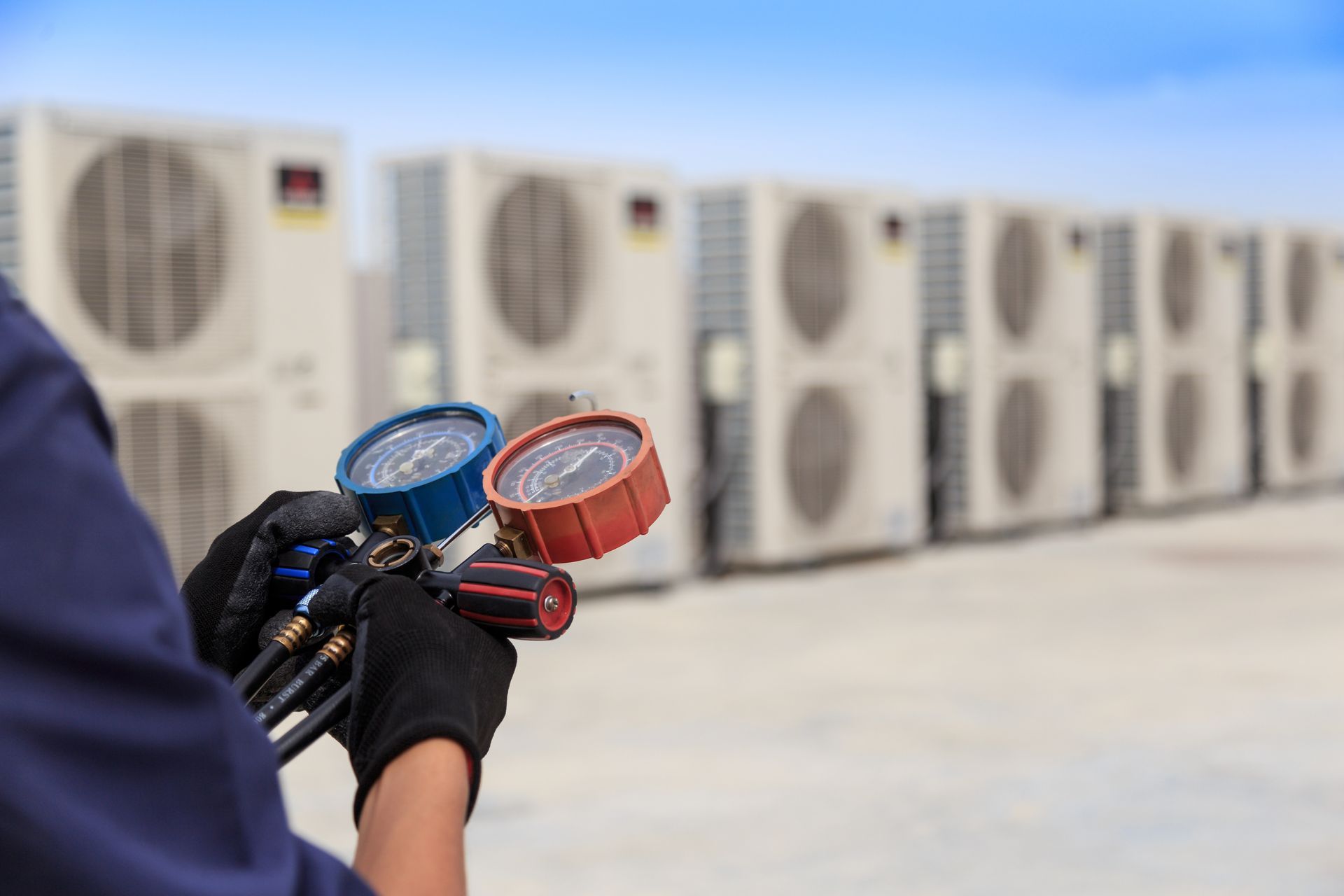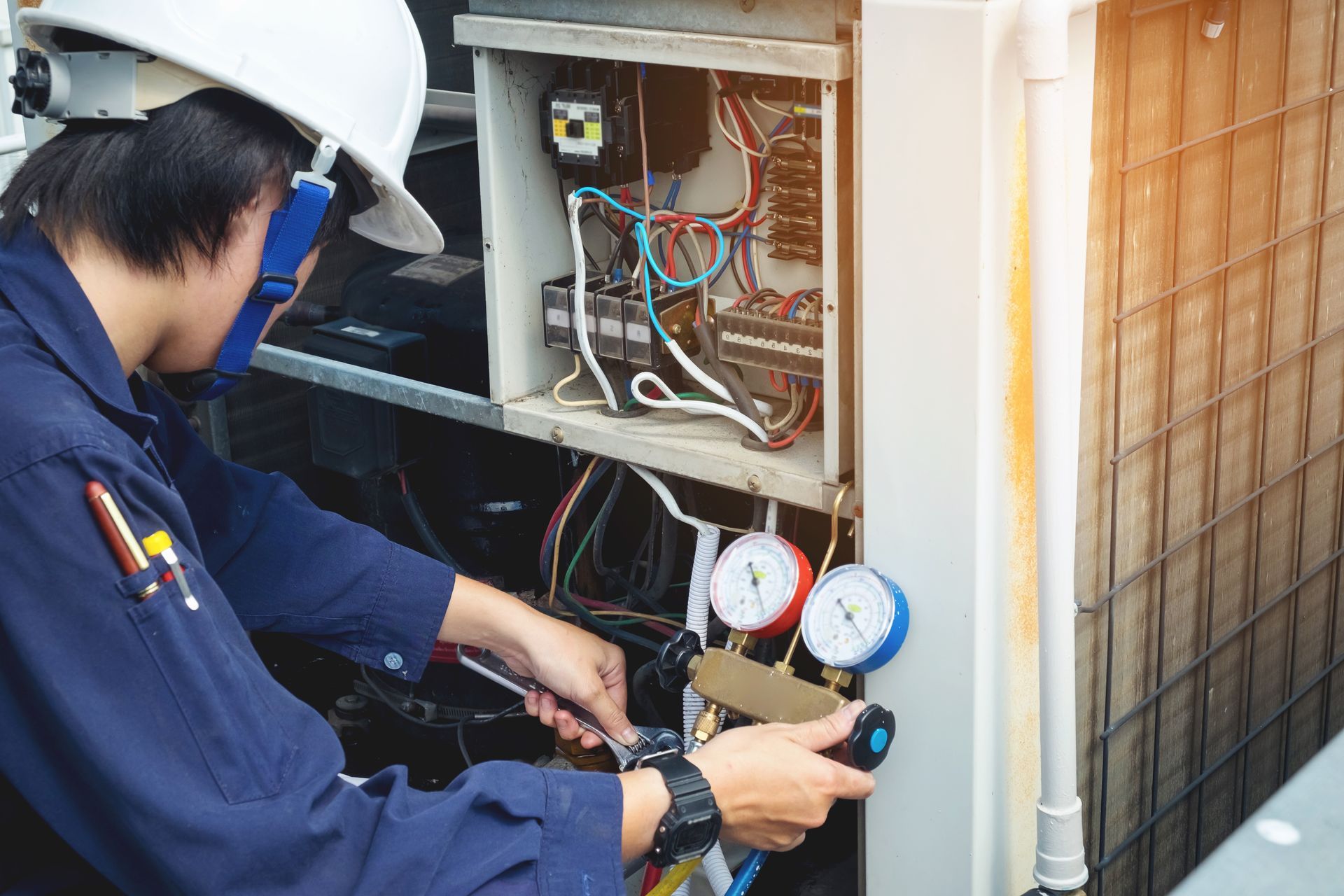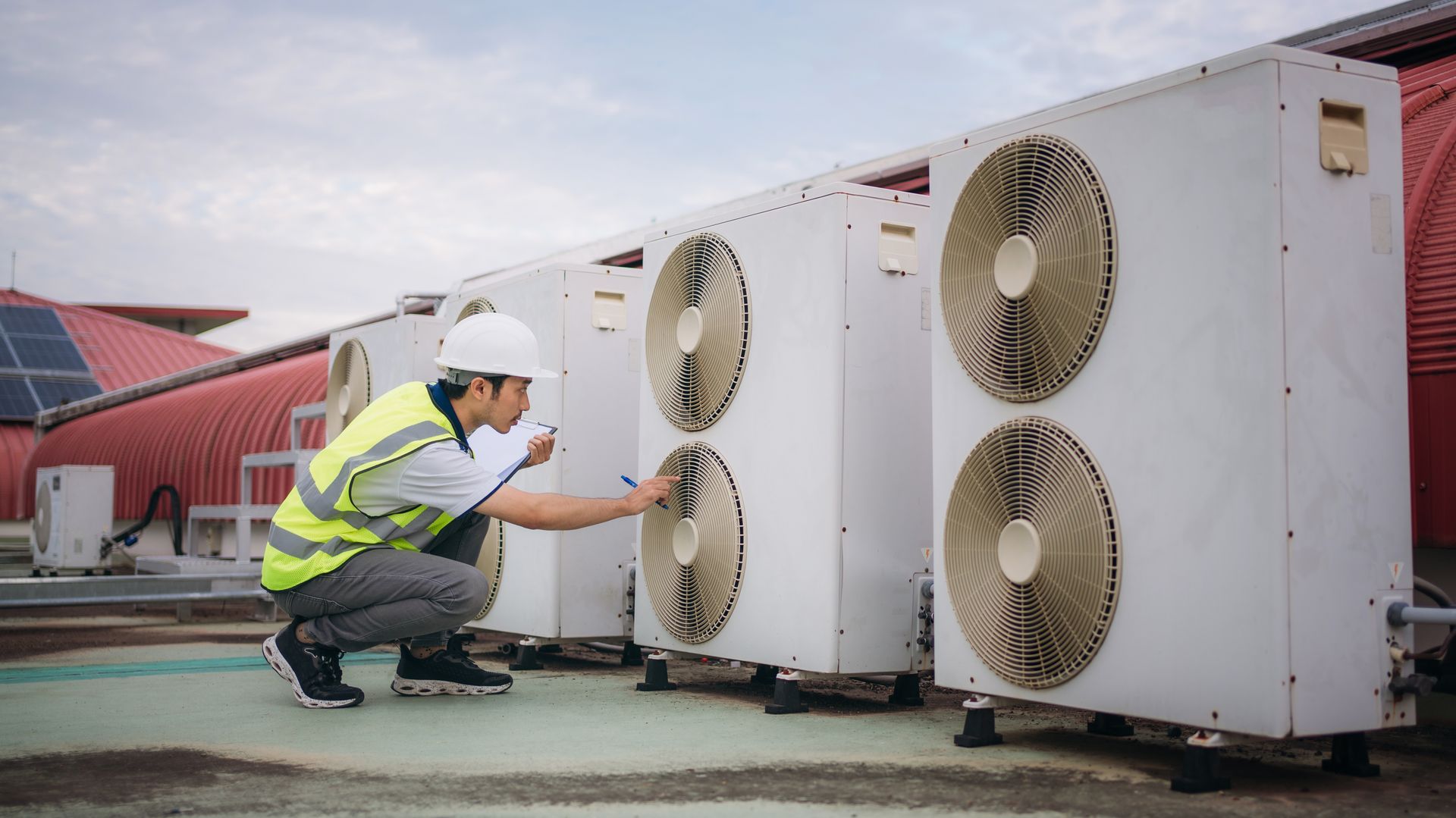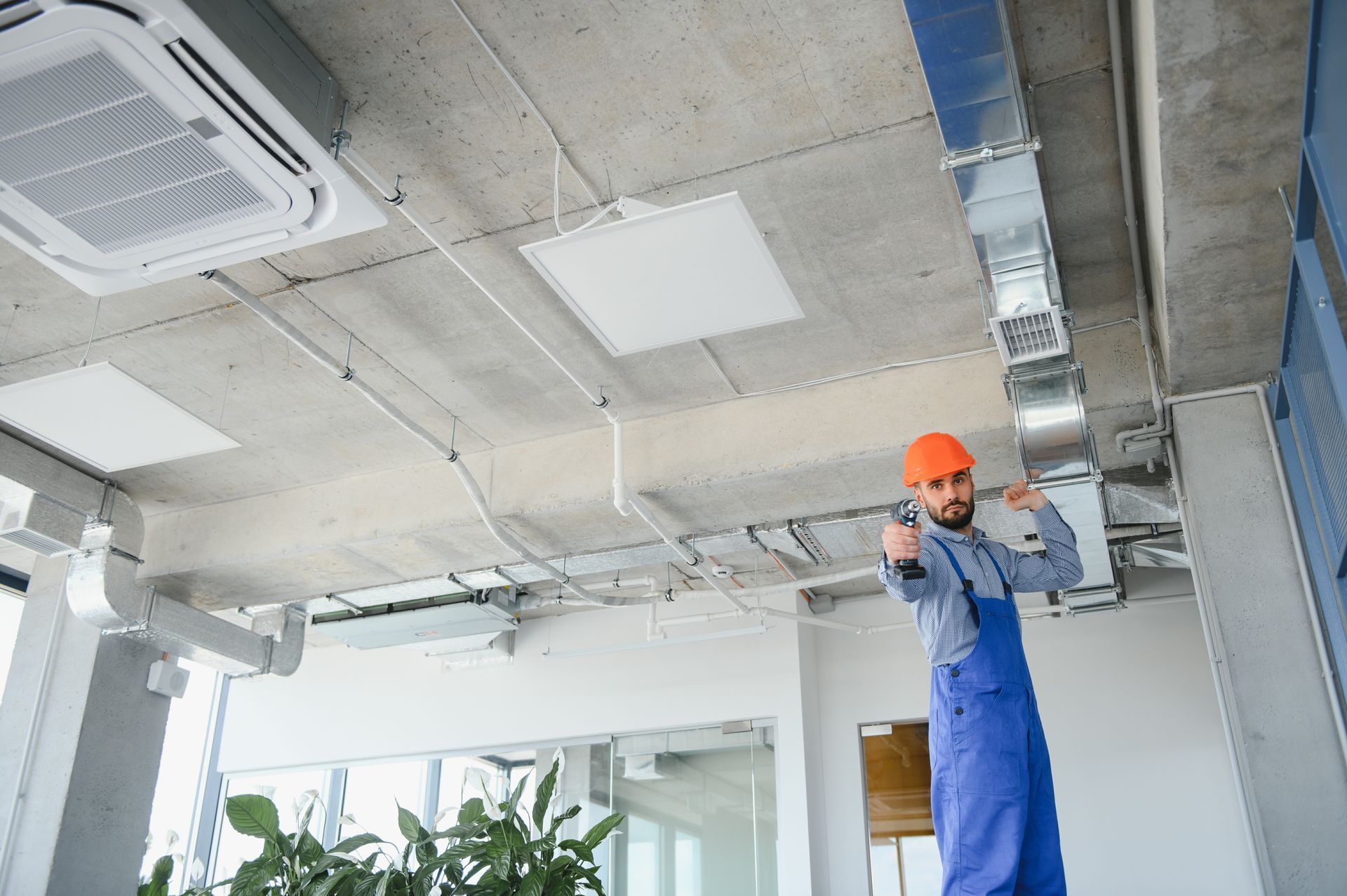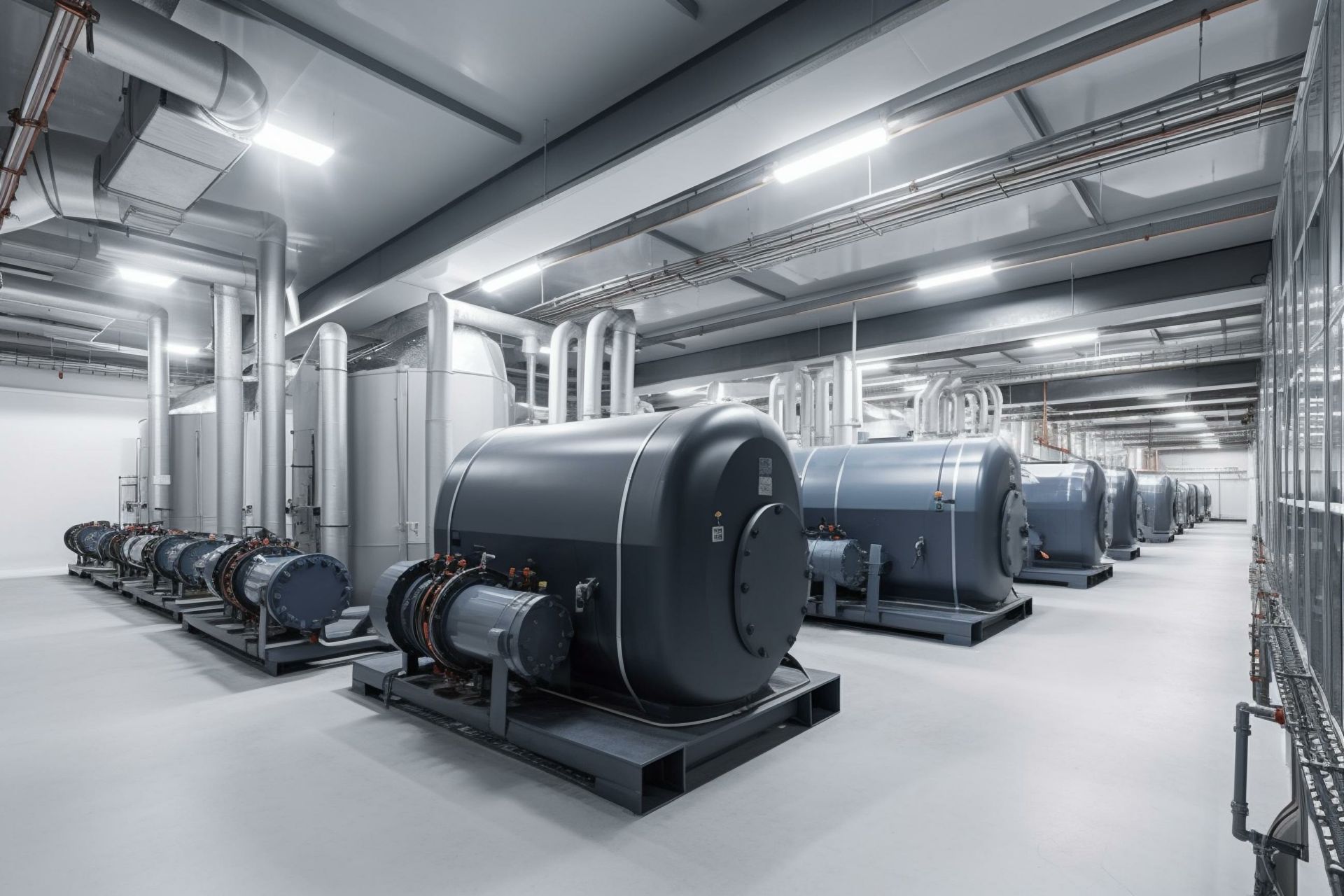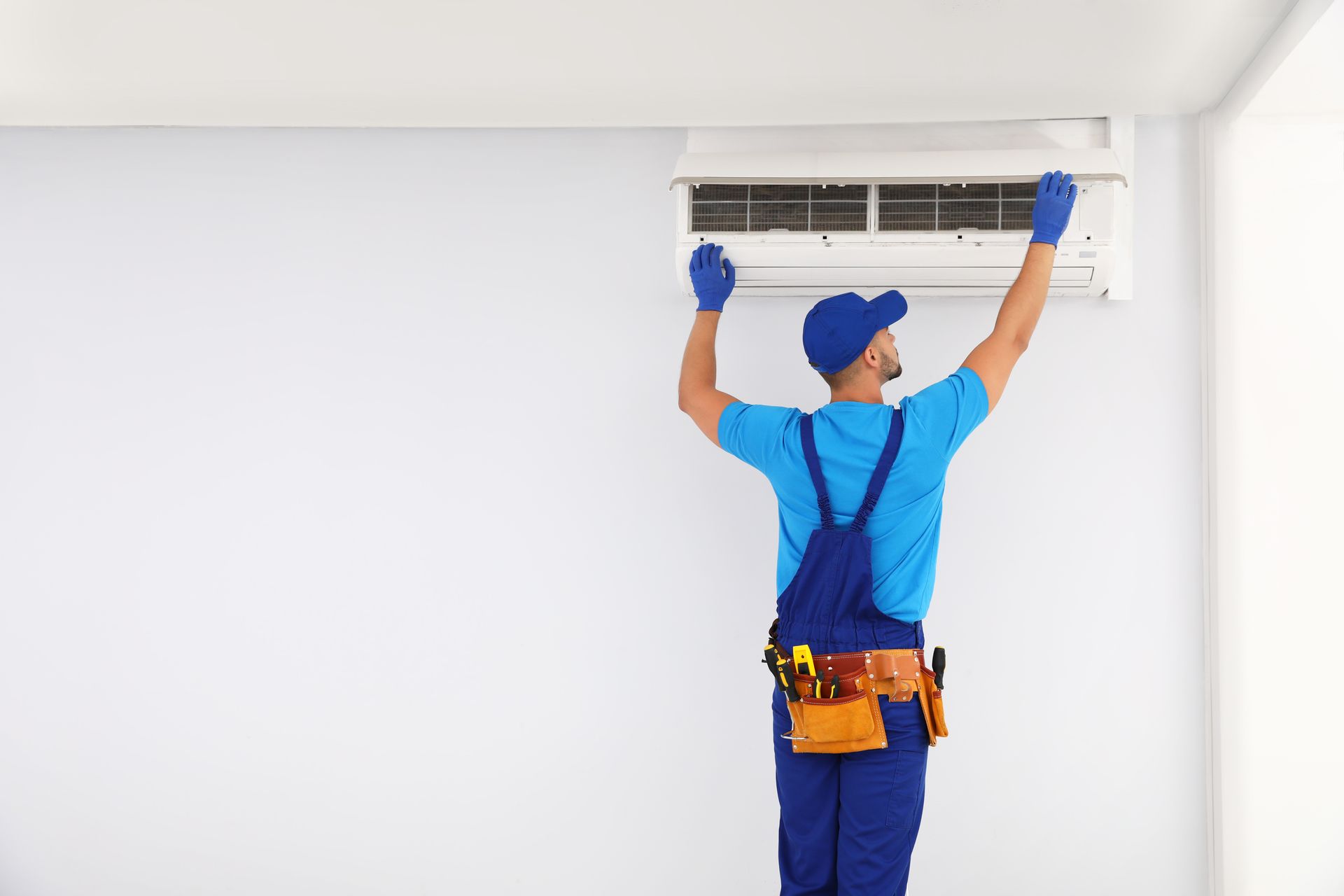The Vital Role of Airflow Testing in HVAC System Efficiency
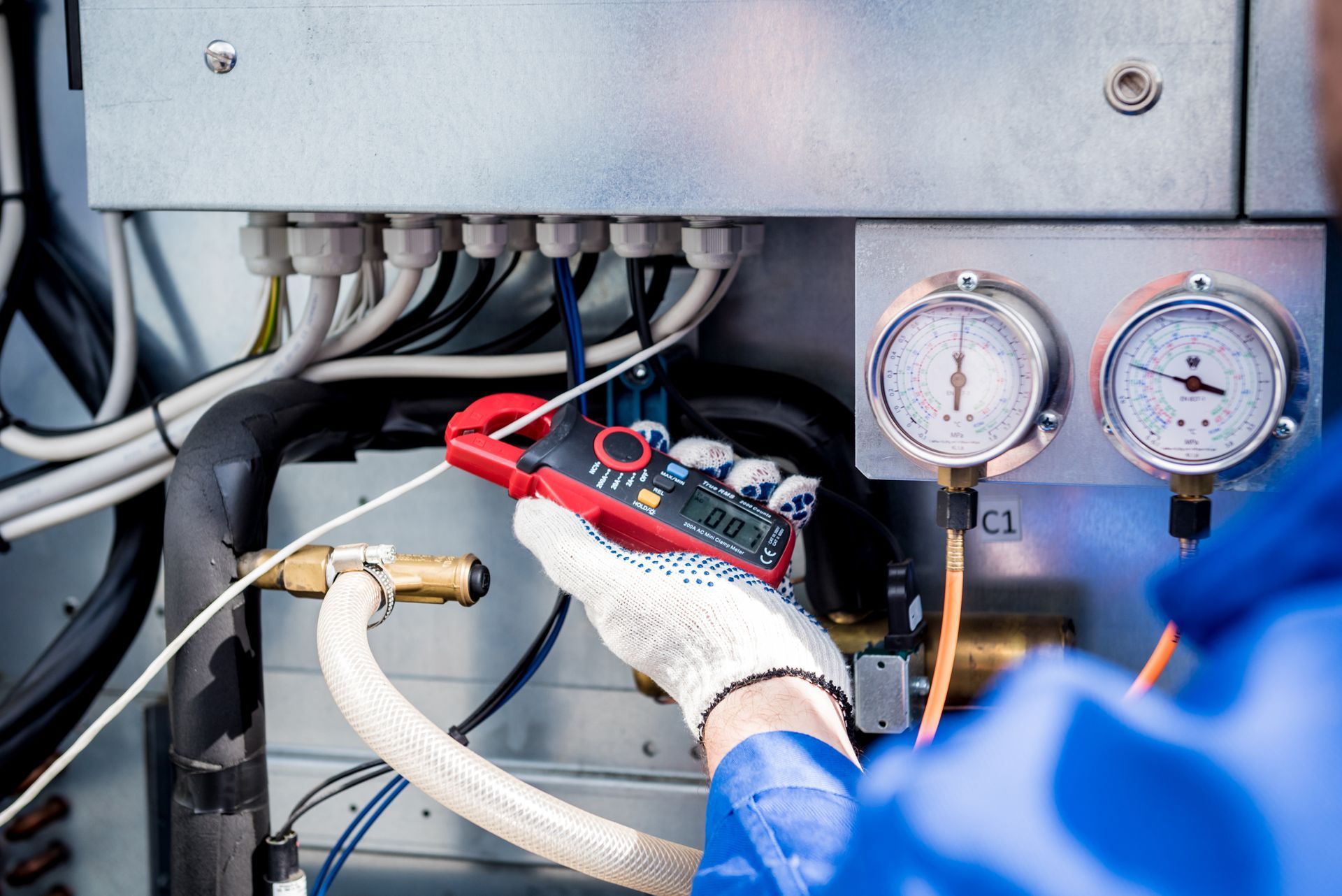
Deciphering the Importance of Airflow Testing
Airflow is the lifeblood of your HVAC system. Proper airflow is required to efficiently distribute heated or cooled air throughout your home, maintaining consistent and comfortable temperatures. In contrast, restricted airflow can strain your HVAC system, leading to decreased efficiency, higher energy bills, and even system breakdowns. Hence, airflow testing is an essential part of maintaining your HVAC system's health and performance.
What is Airflow Testing?
Airflow testing is a process that measures the volume of air moving through your HVAC system. It can detect potential issues that could affect system efficiency, including duct leakage, blockages, or imbalances between different parts of the system. By identifying these problems early, you can address them promptly and avoid more costly repairs down the line.
How Airflow Impacts Energy Efficiency
The level of airflow in your HVAC system directly impacts its energy efficiency. If airflow is too high, it can result in uncomfortable temperature variations and excessive noise. If it's too low, your system will need to work harder to maintain the desired temperature, leading to increased energy use and wear on system components.
Benefits of Hiring a HVAC Professional
Given the importance of airflow and the complexities involved in testing and interpreting results, it's advisable to turn to a professional for help.
Professionals bring the necessary expertise and equipment to conduct accurate airflow testing. They can identify subtle signs of problems that might be overlooked by a less experienced person. After the testing, they can explain the results, recommend any necessary repairs or adjustments, and ensure those are carried out properly to improve your HVAC system's performance and lifespan.
Moreover, HVAC professionals follow safety standards while handling equipment and making adjustments, ensuring that your system and your home are not put at risk during the process.
The Risks of Do-it-Yourself Approach
While some homeowners may be tempted to perform DIY airflow testing, this approach carries several risks. Without the appropriate tools and knowledge, you may not get accurate results, leading to misdiagnosis or overlooking serious problems.
Attempting to adjust the HVAC system based on incorrect understanding can also lead to damage, reducing your system's efficiency or causing premature breakdowns. Furthermore, without proper safety measures, there's a risk of injury.
Airflow Testing: An Investment Worth Making
In conclusion, airflow testing plays a pivotal role in maintaining HVAC system efficiency. By enabling early detection of issues, it helps prevent major breakdowns, extend your system's lifespan, and optimize energy use. This translates into cost savings, improved comfort, and peace of mind.
Engaging a professional to carry out this task ensures accuracy and safety, making it a worthwhile investment. In contrast, a DIY approach can lead to missed issues, potential damage, and safety risks.
Ready to ensure your HVAC system is operating at its most efficient? Take the first step by reaching out to a professional. Visit the "Contact" page to get in touch. Let a trained professional handle your HVAC needs, so you can enjoy a comfortable and energy-efficient home.
